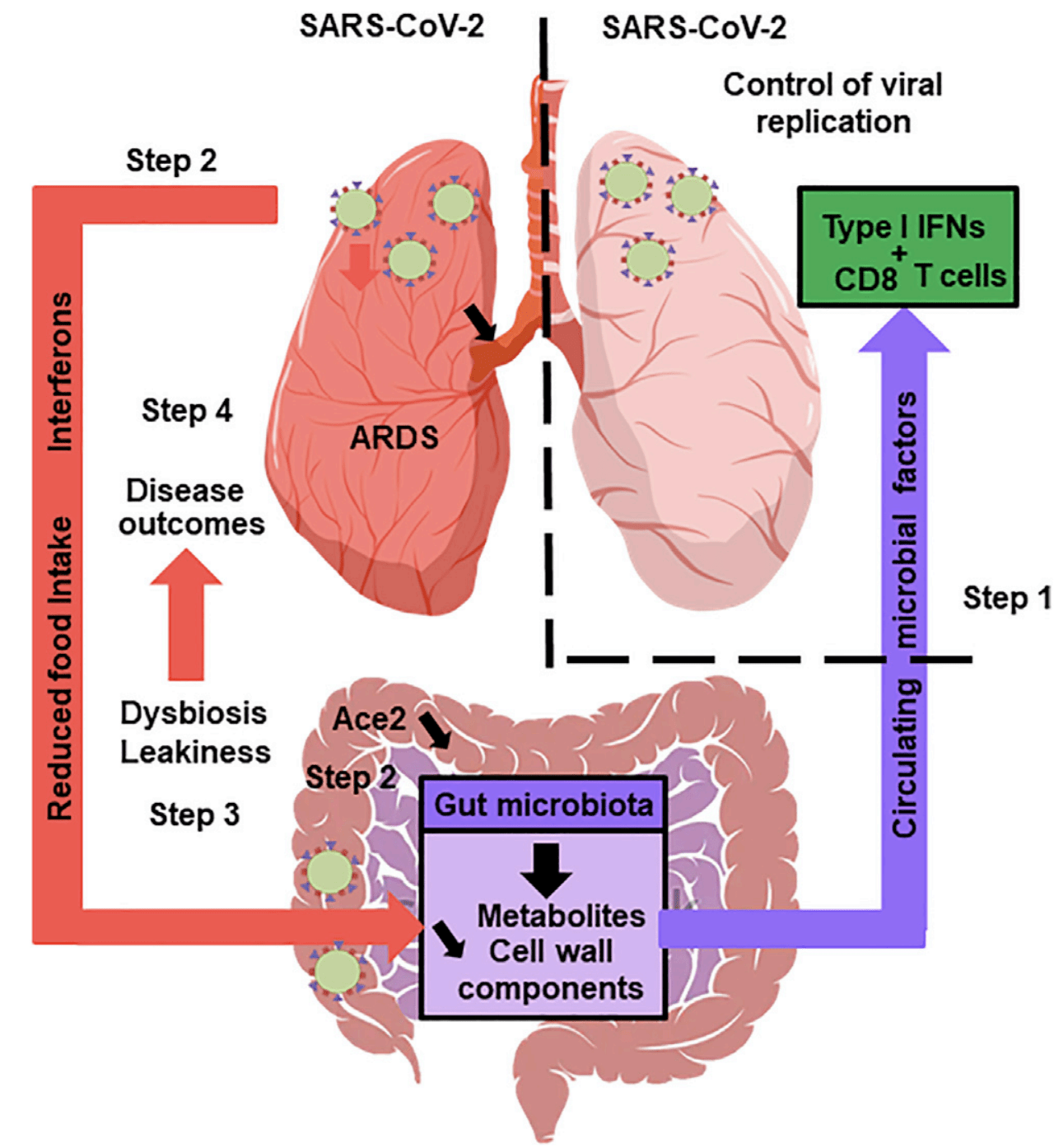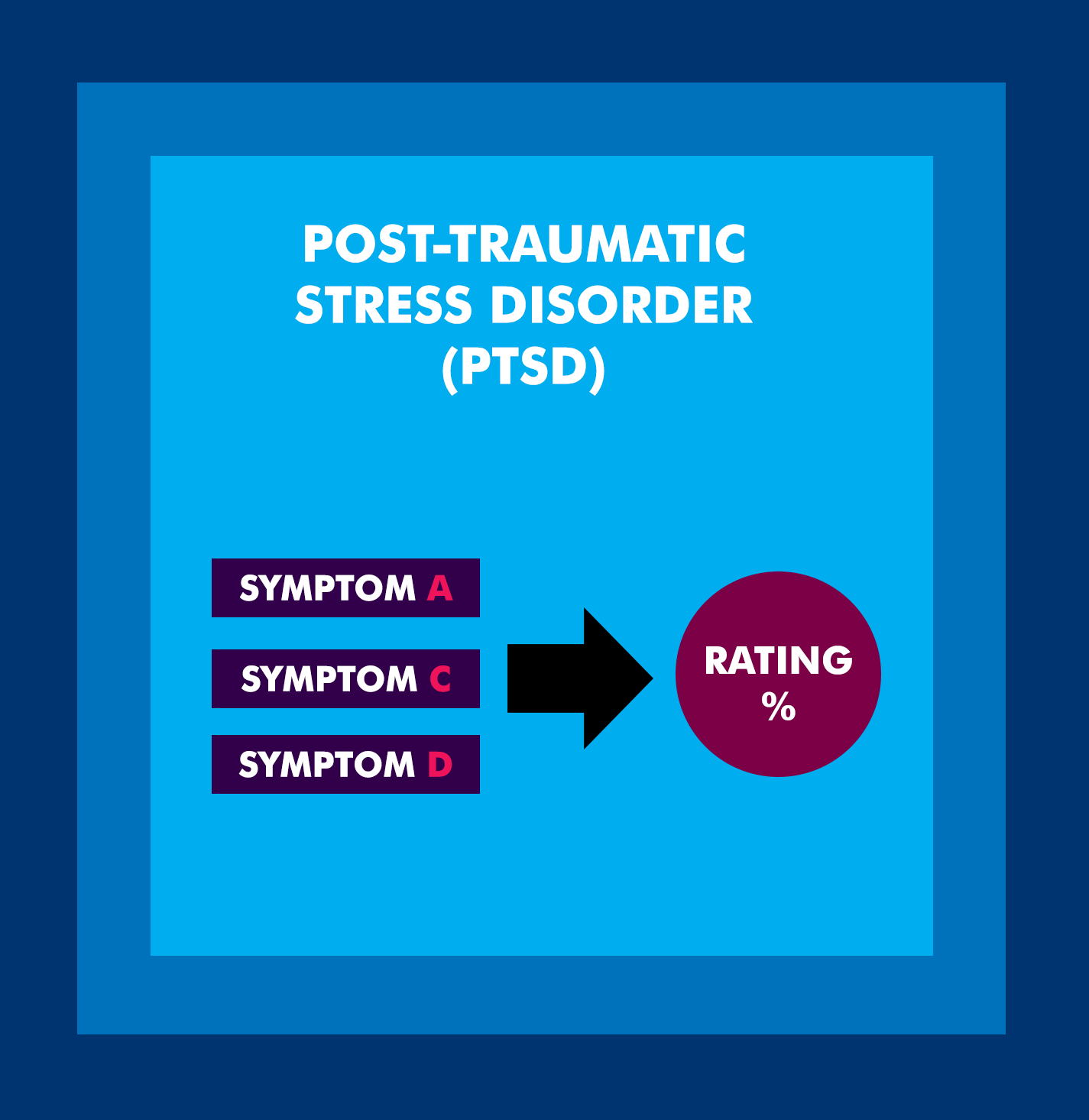Decreased energy fatigue feeling slowed down Difficulty concentrating remembering making decisions. However due to the potential pregnancy complications associated with IVF they may have higher physiological stress and clinically significant anxiety at the third trimester of pregnancy but not during postpartum.
 Stress And Men S Health Eternalcore Org
Stress And Men S Health Eternalcore Org
Depression anxiety and stress should be considered as important risk factors for osteoporosis.

Stress anxiety depression symptoms. Chronic stress anxiety and depression can be caused by a neurotransmitter chemical imbalance in your brain. IVF women may have lower depressive symptoms for being pregnant. But you can learn how to reduce the impact of stress and manage your symptoms.
Some of the symptoms and signs may include. Loss of interest or no longer finding pleasure in activities or hobbies persistent feelings of sadness anxiety or emptiness feeling hopeless or pessimistic anger irritability or restlessness feeling guilty or experiencing feelings of worthlessness or. Consistently high levels of excitatory neurotransmitters adrenalineepinephrine and noradrenaline norepinephrine and correspondingly low levels of the calming inhibitory neurotransmitters serotonin and gamma-aminobutyric acid GABA can actually alter the brains.
Regular participation in aerobic exercise has been. Depression is more serious and long-lasting than stress and requires a different kind of help. When someone is feeling anxious part of their sympathetic nervous system goes into.
These include anxiety panic overeating weight gain somatic physical complaints guilt excessive sleeping and decreased libido. Feeling restless or keyed up. Wider implications of the findings.
Women who are diagnosed with depression tend to report certain symptoms more often than depressed men. In a 2010 survey by the American College Health Association 28 of college students reported feeling so depressed at some point they had trouble functioning and 8 sought treatment for depression. Feelings of hopelessness pessimism.
11 Signs and Symptoms of Anxiety Disorders 1. A large number of factors were associated with experiencing menopausal and psycho-social problems and which had negative effects on the quality of life among Arabian women. Loss of interest or pleasure in hobbies and activities including sex.
Stress can lead to low blood sugar overactive tyroids heart attacks increased bile secretion or cholesterol in your arteries. Feelings of guilt worthlessness helplessness. Emotional symptoms of depression include.
Loss of Interest in doing things such as hobbies and other activities Appetite changes either eating too much or not eating enough. Aware of dryness of the mouth breathing difficulties pounding of the heart sweaty palms. Symptoms of depression can include any of the following.
Common characteristics displayed by high scorers on the stress scale as part of the Depression Anxiety and Stress Test including feeling. The chemicals that are released by your body as a result of stress can cause a number of different symptoms and if allowed to build up over time they can cause a range of harmful effects. Signs of Unresolved Stress in Students Generalized anxiety disorder is a condition whereby someone experiences chronic and debilitating anxiety andor worry.
Persistent sad anxious or empty mood. One of the most common symptoms of depression and anxiety is fatigue lethargy and constant tiredness. Common characteristics displayed by high scorers on the anxiety scale as part of the Depression Anxiety and Stress Test including feeling.
Chronic stress can affect your health causing symptoms from headaches high blood pressure and chest pain to heart palpitations skin rashes and loss of sleep. Symptoms of Anxiety and Depression People suffering from anxiety and depression will often show these signs. If youre constantly under stress you can have physical symptoms such as headaches an upset stomach high blood pressure chest pain and problems with sex and sleep.
Physical activity is a proven way to reduce stress. If you feel like its a struggle to get out of bed each morning or do anything other than the bare minimum it could be a symptom of depression and anxiety. One of the most common symptoms of an anxiety disorder is excessive worrying.






